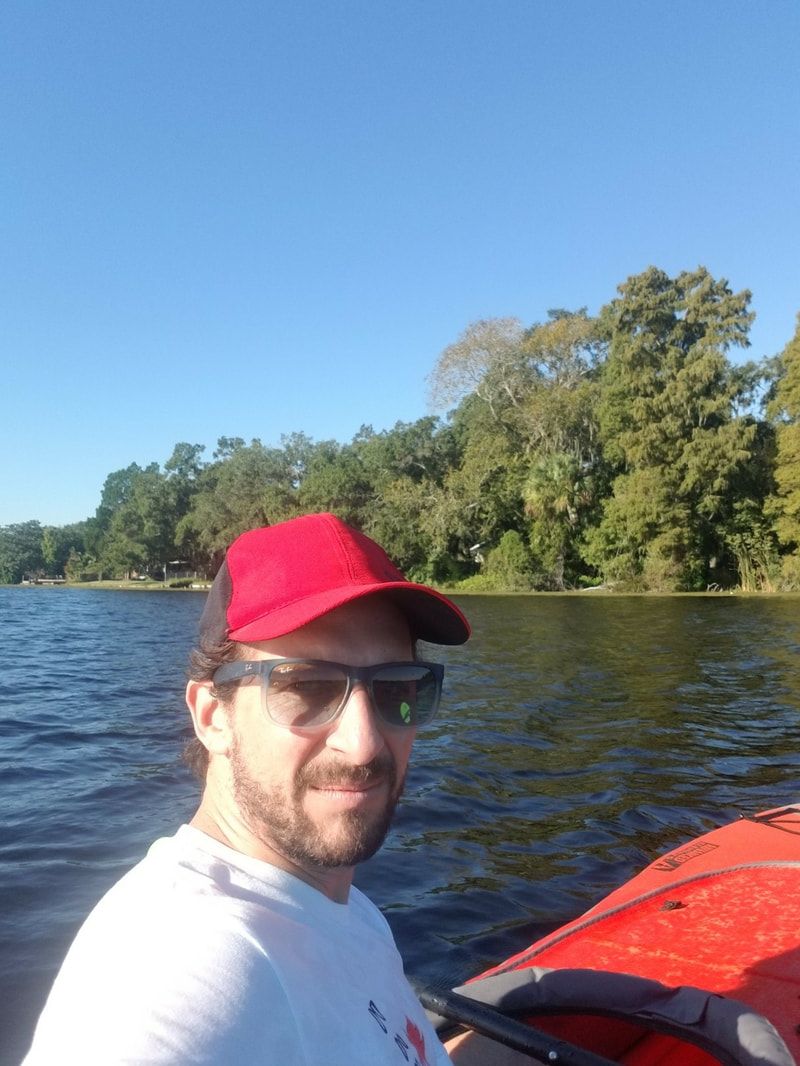Website: watershedsustainability.org
Twitter: @WaSusResearch
I like to think of Ecohydrology in a broad interdisciplinary sense: it is the field that seeks to understand the interactions and feedbacks between the hydrological cycle and ecological processes.
What are your undergraduate and graduate degrees in?
My undergraduate and master’s degrees where in environmental engineering sciences from the University of Florida, and my PhD was in Civil and Natural Resources Engineering from the University of Canterbury (New Zealand).
How did you arrive at working in/thinking about ecohydrology?
The first time I heard of ecohydrology was during my masters at UF, when myself and most of my colleagues at the Center for Wetlands were working with constructed wetlands, systems in which the good understanding of ecohydrological processes is a key factor in design and management. I then became interested (ok, obsessed) with how large-scale hydrology affects wetland vegetation. When I had the chance to develop my PhD dissertation in the Mekong River and visited the Tonle Sap wetland in Cambodia, I was certain that was going to be the core of my PhD journey.
What do you see as an important emerging area of ecohydrology?
One important area that still needs much work is the integration of ecohydrology processes with hydrological modeling. Most hydrological models, in particular watershed-scale models commonly used by water resources researchers and practitioners, make faulty assumptions related to land cover dynamics (or lack thereof), surface-driven rainfall-runoff responses, and potential evapotranspiration. There has been much progress in describing these processes at the plot scale, but how to effectively propagate them to a scale that is meaningful to regional water and natural resources managers is something where I foresee much research being needed.
Do you have a favorite ecohydrology paper? Describe/explain.
Foti, R., del Jesus, M., Rinaldo, A., Rodriguez-Iturbe, I., 2012. Hydroperiod regime controls the organization of plant species in wetlands. Proceedings of the National Academy of Sciences 109, 19596–19600.
This paper described how inundation patterns driven by rainfall seasonality throughout the Everglades where responsible for the spatial distribution of wetland vegetation communities. I was especially fond of this paper because it was published right when I was in the middle of my PhD studying a wetland system of similar dimension, but for which I ended up using a different approach to deal with the limited data collected before my time in Cambodia.
What do you do for fun (apart from ecohydrology)?
I do not get to spend as much time in the water at work as I would like, but I am fortunate to live by the beautiful Hillsborough River that meanders through Tampa. I love kayaking early in the morning or watching the sunset in the canoe with my son and wife.

 RSS Feed
RSS Feed